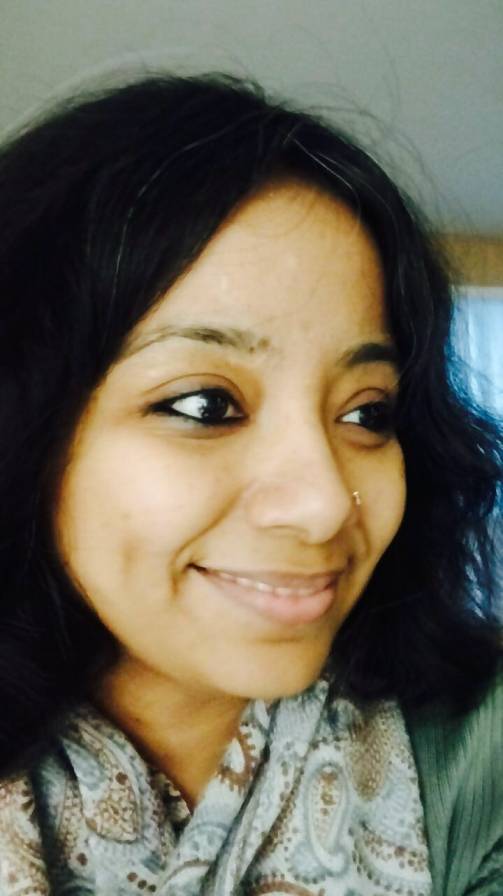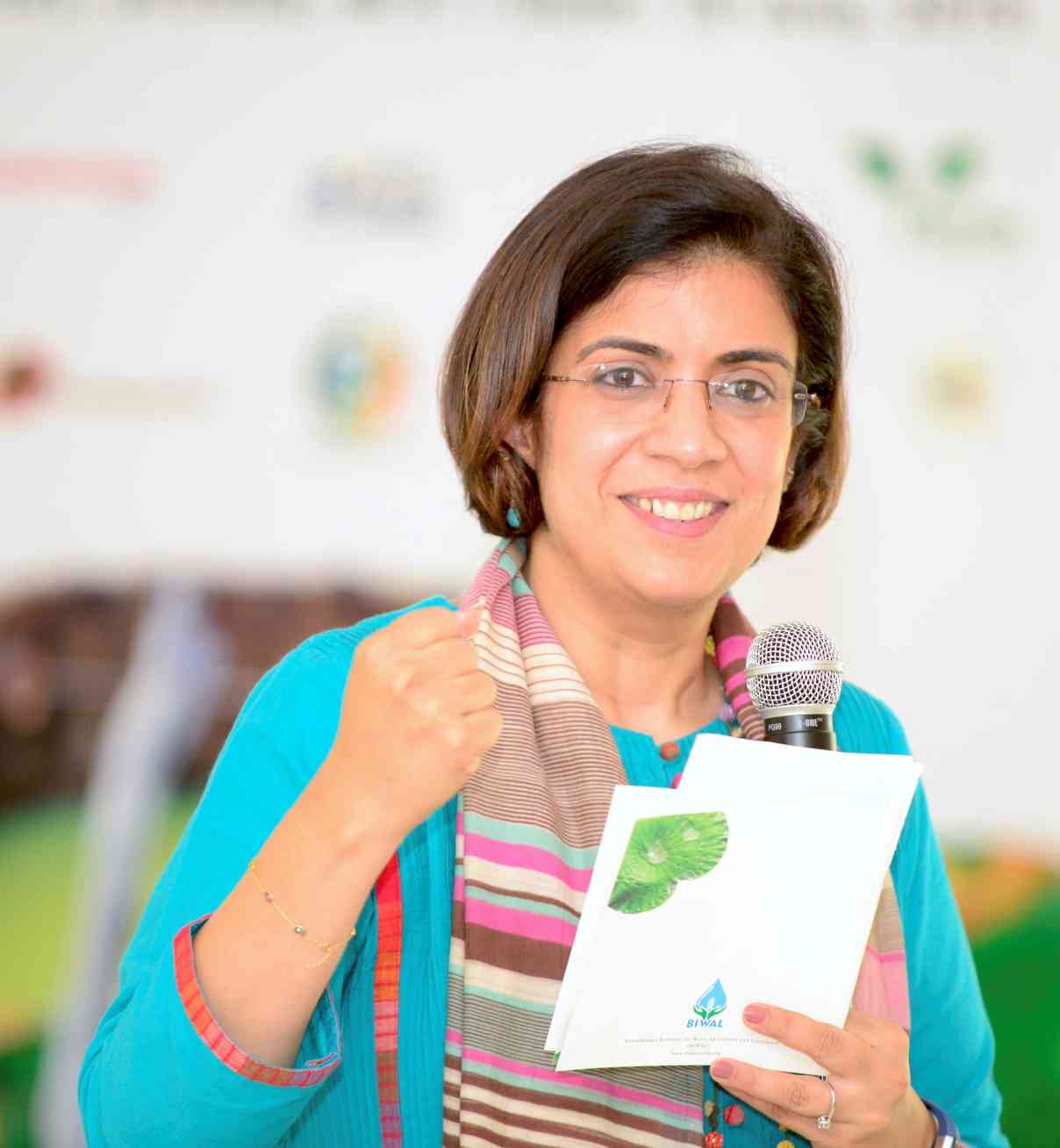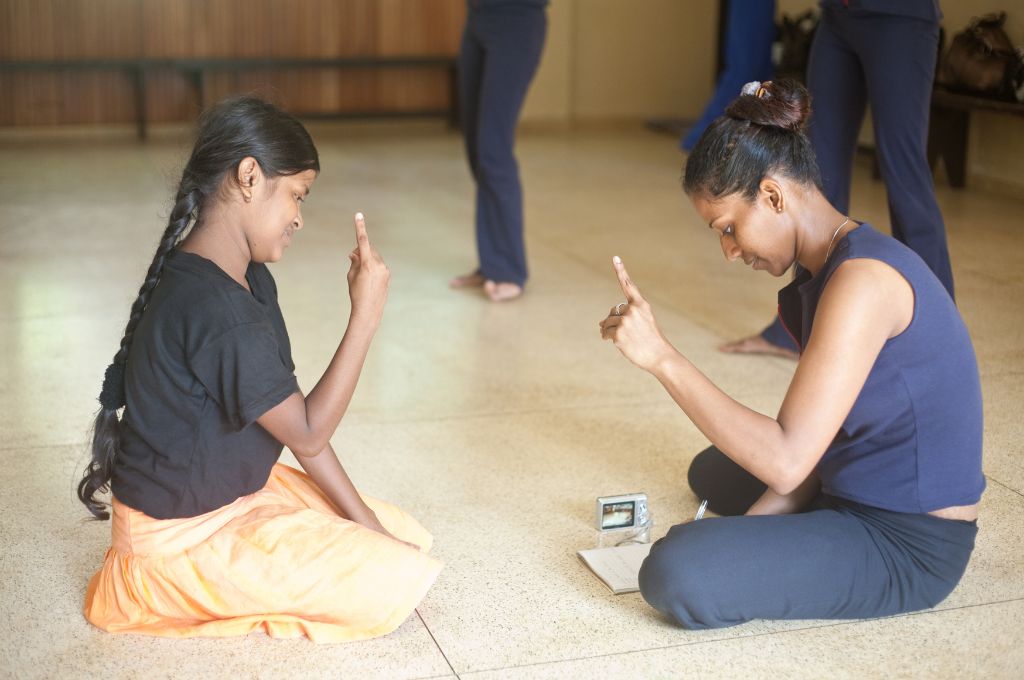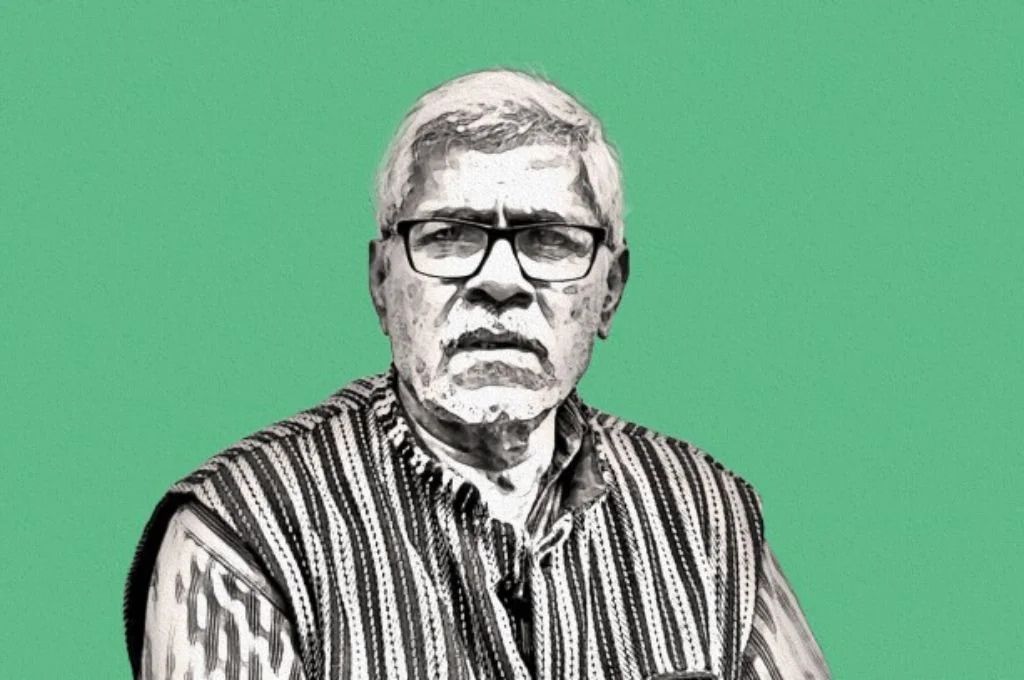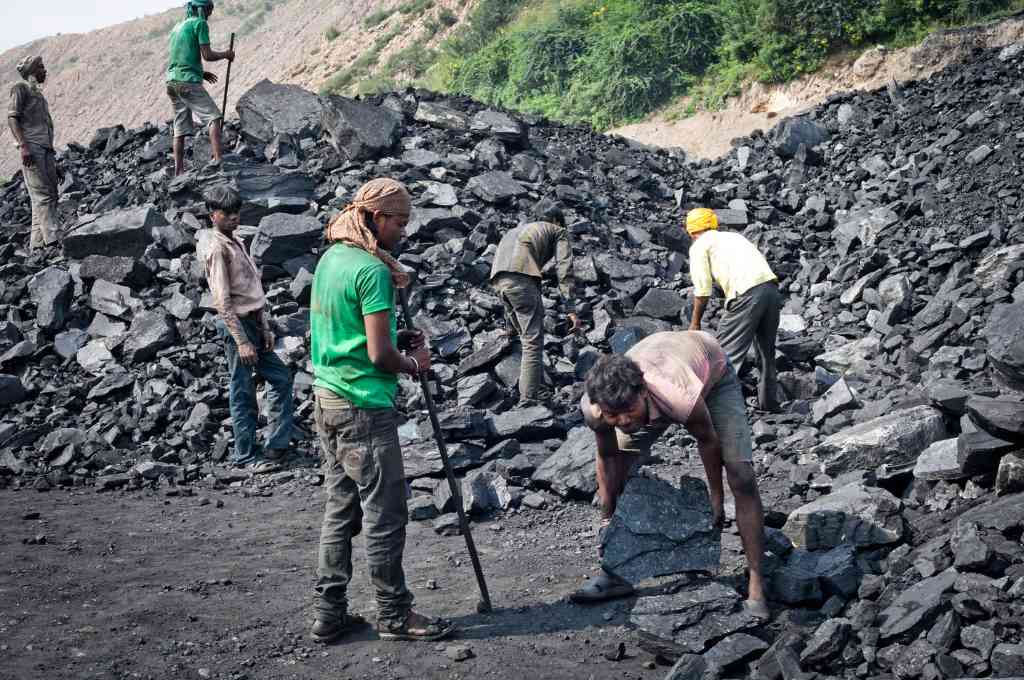In the early weeks of the lockdown, we, at Hindustan Unilever Foundation, had a rather humbling epiphany. We had all the data we needed on the households that we work with in our water conservation programmes: their landholding, crop choices, yields from each season, source of water, number of water conservation structures built, amount of water saved, and so on. But we had no information on whether these households had valid ration cards, if they were able to access food rations from the Public Distribution System (PDS), or whether their bank accounts were operational.
As the pandemic started unraveling across the country, we realised that securing our communities from extreme vulnerability would need to take precedence over our water conservation programmes. Access to food, healthcare, and employment was at stake for millions in rural India.
As we started to acquaint ourselves with the maze of social protection programmes in India, some facts took us by surprise:
1. India spends roughly two percent of its GDP on core social protection and welfare schemes. This translates into an investment of nine lakh crore in more than 10,000 schemes.
2. Annual budgets for some of India’s key flagship welfare schemes amount to nearly four lakh crore (INR 3,79,100 crore) per year.1 These include MGNREGS, PM Kisan Samman Nidhi Yojana (PM Kisan), and National Social Assistance Programme, among others.
3. Several of these schemes were topped up and repurposed to help the poor cope with the recent lockdown. For instance, a package of INR 1.70 lakh crore was announced as relief for the poor under the PM Garib Kalyan Yojana.
4. Despite the ambitious scale and good intent of welfare schemes, accessing them remains a challenge for ordinary citizens. Coverage of schemes varies widely in enrolment and delivery. A survey conducted by Dalberg in April 2020, covering Below Poverty Line (BPL) families across 10 states revealed the following:
- Coverage is not universal. The gaps in coverage varied according to scheme: PDS (15 percent), Jan Dhan (43 percent), Social Pension (56 percent), PM Kisan (66 percent).
- Delivery of benefits is low. The percentage of eligible households that received their entitlements: PDS (55 percent), Social Pension (34 percent), PM Kisan (30 percent), and Jan Dhan (28 percent).
From our own rapid surveys, we found that in eastern Uttar Pradesh, only 71 percent of poor households had a ration card, 54 percent had a Jan Dhan account, and just 30 percent had an active MGNREGS job card. All along, we had assumed that these welfare schemes were being universally accessed.
We found that these gaps are largely on account of lack of awareness amongst citizens, eligibility challenges, and onerous administrative procedures. All of these were not insurmountable and so, we saw a clear opportunity to use our existing programme assets to bridge these gaps.
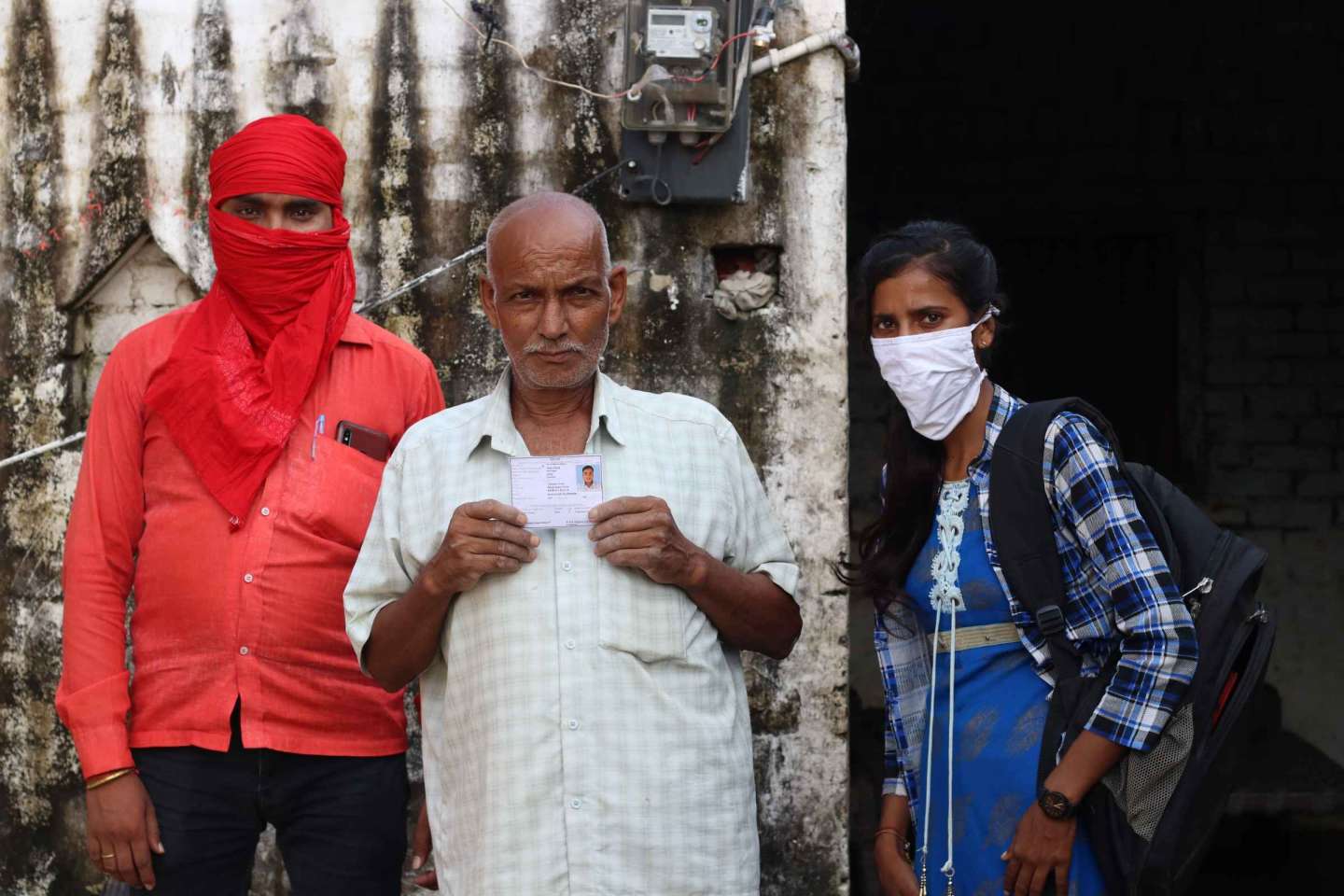
Connecting communities we work with to a wider portfolio of entitlements catalyses a deeper and more sustained impact on their lives. | Picture Courtesy: Hindustan Unilever Foundation
Why would a foundation focused on water also work on social protection?
In today’s challenging and uncertain times, access to welfare schemes acts as a foundation to deliver any thematic programme—be it water conservation or vocational training—successfully. They provide a critical safety net to help vulnerable families endure the shock to livelihoods that is inflicted by crises such as the pandemic or natural disasters. Moreover, the momentum for medium-term recovery depends on the reach and strength of this safety net.
Securing food, health, and basic income for communities can significantly amplify our work on water security. In the past, our programmes leveraged a limited set of flagship schemes—predominantly MGNREGS. The lives of our farmers and their families, however, intersect with several flagship government programmes, including PM Kisan that provides farmers with minimum income support, and Pradhan Mantri Fasal Bima Yojana (PMFBY) that offers crop insurance. Connecting communities we work with to a wider portfolio of entitlements catalyses a deeper and more sustained impact on their lives.
We realised that an incremental investment in existing programme assets can create significant security for our communities.
In addition to complementing existing programmes, social protection also makes a compelling case for returns on philanthropic capital. We realised that an incremental investment in existing programme assets can create significant security for our communities. We are leveraging our existing frontline cadres in eastern Uttar Pradesh and Gujarat to lead this initiative. They are being trained to assess household gaps in the reach of government schemes, support people through the application process, and help with facilitating the administrative process of receiving entitlements.
A small incremental programme cost per household, can unlock up to 20X worth of benefits. This is significantly higher than what direct aid interventions can deliver. In addition, the process of linking households to entitlements is highly replicable and can be scaled in most CSR programmes.
Is it a stretch?
We are often asked whether we are stretching ourselves by working on access to entitlements. Our response is that this is the need of the hour and we are not doing this alone. It is a collective effort with existing programme partners and their frontline cadres, a specialist knowledge partner on government welfare schemes, and a digital platform to track and monitor the application process.
The intent is to prioritise support to households through a targeted set of schemes based on their specific vulnerability profile and deliver a ‘minimum threshold’ (of benefits in cash and kind) to each family. Ultimately, our goal is to fuel awareness and generate a groundswell of citizen-led demand for entitlements.
What have we learnt (and un-learnt) through the experience?
Neither is it a thematic area. It forms the foundation of any development work that we may support as funders—be it maternal and child health, education, vocational training, livelihoods, and others. It isn’t really an option if we’re aiming for resilience and sustained impact.
It is anchored in every citizen’s right to a dignified and decent life. India’s welfare schemes reduce vulnerability, mitigate chronic poverty, and nurture inclusive growth for the most marginalised and excluded. By integrating social protection and helping households access welfare schemes we will make our CSR and philanthropic programmes stronger.
Anything less than 100 percent coverage, would mean that we have left some households at risk. We are used to cherry picking ‘target households’ in conventional thematic programmes. But social protection works at universal scale.
These challenging times have been a wake-up call. We can choose to focus on farms, watersheds, or farmers in our programmes, but when it comes to basic entitlements, we must not leave any household behind.
- Authors’ calculations, based on the Union Budget 2020-21.
—
Know more
- Read this article to learn more about the need for social protection for the most vulnerable during the COVID-19 pandemic.
- Read this article on why solutions for communities need a combination of technology and human-centric innovation.
- Explore this series by the World Bank to understand the challenges of building a social protection system in India.
- Visit this platform to learn more about social protection.
Do more
- Reach out to the authors at [email protected] to learn more about what they do.


